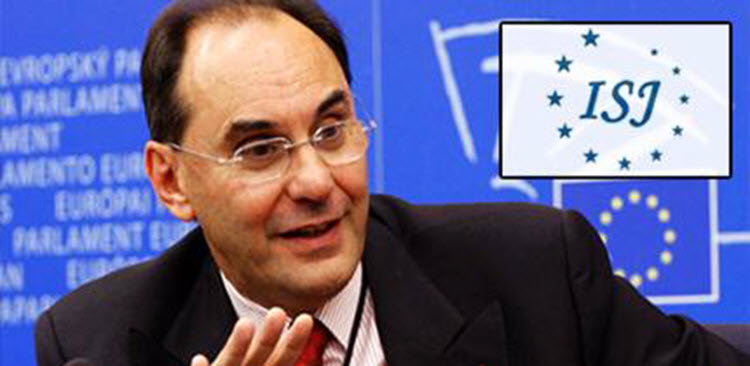
The International Committee “In Search of Justice” published a new report (found here) regarding the recent elections in Iran.
The report highlights that the elections, held on 26th February 2016, were portrayed in a positive light in western media. It was seen as a time of hope and social progress and it was expected that an improvement in human rights would follow suit.
However, the reality is very different. The report shows that the elections were not truly democratic from the get-go. For example, the Guardian Council, one of the “most influential bodies in Iranian politics” consists of 12 members – each of whom are either directly or indirectly appointed by Supreme Leader Ayatollah Ali Khamenei. It is these members who reject or approve all bills passed by parliament. Regarding the Guardian Council, the Iranian constitution states: “with a view to safeguard the Islamic ordinances and the Constitution, in order to examine the compatibility of the legislation passed by the Majlis with Islam, a council to be known as the Guardian Council is to be constituted.”
Many other inconsistencies are found in the whole political system in Iran – situations that do not arise in truly democratic elections. For instance, the Iranian parliament, despite having the power to introduce and pass new laws, can see their decisions overridden by the Supreme Leader.
One striking difference between western elections and the elections in Iran is the participation of voters. “Khamenei issued a fatwa stating that ‘taking part in the election is a religious duty and anyone casting a blank vote would be committing a mortal sin.’”
The report also points to the impossibility of verifying participation numbers in the elections as the Iranian authorities reject independent verification, thus rendering any “official” numbers unreliable.
The conclusion of the report states that the election was clearly not democratic as the opposition parties were banned from standing as candidates. The result of the election is nothing more than a continuation of disputes and more destabilisation of the system. Following the nuclear agreement, the “regime needed the February elections to produce a clear, near-unanimous result in favour of a strong leader, to be able to command and steer the country in difficult times. But Ayatollah Khamenei, fearing a repeat of the 2009 uprisings, did not risk interfering in the final tally. As a result, the internal fracture widened, and Khamenei failed to regain full control.”







